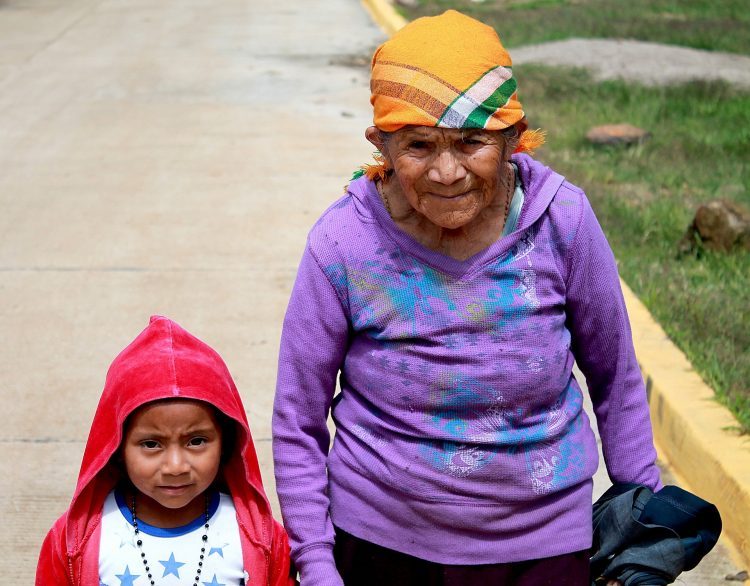The Gender and Social Policies areas of EUROsociAL+ have supported SISCA in the development of the “Towards systems of care in the SICA Region” web forum in which care policies in Europe and Latin America are shared to facilitate dialogue between countries in the region

Foto: David Díaz
SISCA, in coordination with Guatemala’s Ministry of Social Development, in its capacity as the pro tempore presidency of CIS and with the support of the European Union EUROsociAL+ programme, have organised the “Towards systems of care in the SICA Region” forum, an exchange event that sought to offer an intersectoral reflection of the construction of care systems and their challenges in the SICA region, as well as providing an opportunity to learn about good practices outside the region.
At the opening of the event, Axel Palma, the Vice Minister of Policy, Planning and Evaluation of the Ministry of Social Development of Guatemala, representing the Pro Tempore Presidency of the Council for Central American Social Integration (CIS) and Alberto Menghini, head of the Regional Cooperation Team – Delegation of the European Union took part, as did Anita Zetina, Secretary General of SISCA, who said “through the Regional Integral Social Policy PSIR-SICA 2020-2040 and its first implementation mechanism, the Plan for Recovery, Social Reconstruction and Resilience (Plan 3R) conceives social protection as a central policy for the reduction of inequality and progress towards social inclusion and inclusive growth, based on the promotion of social and gender co-responsibility. Under this logic, care policies are considered as a transversal pillar of social protection systems.”
During the event, Marisol Touraine, the former French Minister of Health and Social Affairs and Viviana Piñeiro, the former Director of Uruguay’s International Affairs and Cooperation of the National Secretariat of Care, both experts from the EUROsociAL Programme, shared an examination of European and South American care systems from a perspective of social protection, equality and autonomy.
Within the framework of the event, a round table meeting of Central American institutions was held at which the substantive advances in care that the countries of the SICA region are implementing were presented. This is the case of Costa Rica, which has had the Network since the 2010 National Child Care and Development Policy and that, recently, has approved the National Care Policy, El Salvador, which has made progress in shaping a more transformative vision of public policy, giving the State an active role in co-responsibility for care and guaranteeing the right to access it, Dominican Republic, which is working on the construction of a National Comprehensive Care System, as part of the design of a basic social protection floor, with a gender perspective and Panama, which is also immersed in the process of designing its National Care System.
Francesco Chiodi, coordinator of Social Policies of EUROsociAL+, presented the meeting’s conclusions, recalling the importance of focusing care policies based on the right to receive care from people who have some degree of dependency. He also pointed out that at an initial stage of development of their care systems, Central American countries can find an advantage in the context of SICA and the Cuidar Network to have a common conceptual framework, shared tools and work with economies of scale.
Chiodi added that the PSIR-SICA and the 3R Plan are extremely valuable initiatives for making care a fourth pillar of social protection. Marco Stampini, a leading specialist in Social Protection in the Social Protection and Health Division of the Inter-American Development Bank (IDB), announced the Long-Term Care Policy Network in Latin America and the Caribbean (Red Cuidar +), promoted by the IDB, EUROsociAL+ and the French Development Agency, which aims to accompany the efforts of the region’s countries in addressing dependency.
This exchange opened the debate, with a reflection on the need to design and implement policies that can meet the emerging challenges in care and contribute to post-pandemic recovery with equality.



